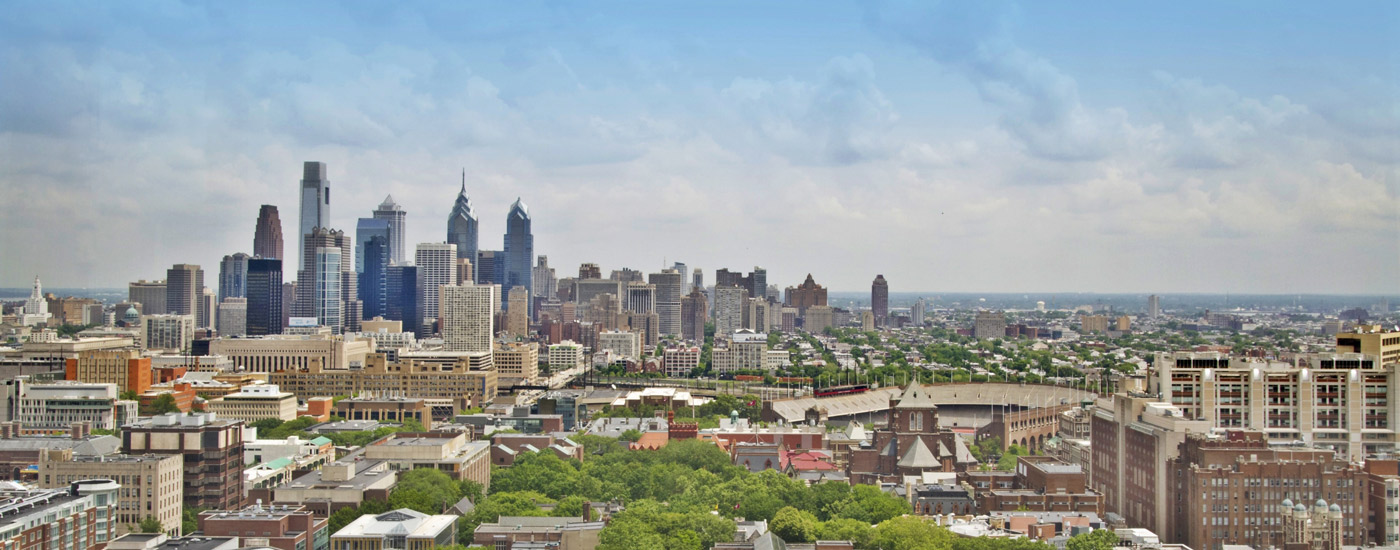Two summers ago, when I was doing a Summer Service Learning Program (SSLP) in my hometown of Philadelphia, I was asked to reflect a lot upon what I was seeing. Doing so depressed me. Working at home brought unique challenges. The nexus of my service activity was not all that far from my home, but it was a world away. There was suffering and poverty and poor conditions the likes of which I have never known. Intellectually, I knew Philadelphia had a great deal of deep poverty. I knew the City had rough areas, where desperation ruled. I knew that there were many people who called the streets their homes, crowding to subway vents to stay warm when that still-of-the-night chill came calling. I could feel the disappointment rising in myself, and I felt pity for all those people. I knew I was fading fast.
The neighborhood where Project HOME, where I worked, is headquartered is an interesting one. Boutique shops are springing up, little eateries with all-one-can-eat kale seem to be on every corner, with the yuppie and hipster types bustling around with neatly curled mustaches. One man I saw around had a monocle tucked tightly into his left eye’s socket. This juxtaposition between what I was seeing elsewhere in the City left me a mess. I judged these people with their expensive clothes and shoes and mustache accouterments. They have every right to dress that way, I told myself, but do they really need to? Wouldn’t that money be better spent on bringing about the liberal policies the bumper stickers plastered on their buzzy Vespas proclaim? They should go out and actually do something.
One day, during my lunch break, and deciding that the day was not as utterly Philadelphia-miserable as it could be, I walked around the neighborhood. Just walked. Then I stumbled upon it. In the midst of all this yuppiness is a small church, built in gray Wissahickon schist. Very easily, one could walk right past it, chalking its presence up to
the vestiges of William Penn’s Holy Experiment. Another church in a city with a million of them. It had the unmistakable air of a Catholic one, so I felt prompted to walk up and see if it was open. It was. The Chapel of Divine Love. I rolled my eyes a bit at the pious-sounding name, but proceeded nonetheless. What I saw inside took my breath away. At the front, behind a rood screen, the Blessed Sacrament was exposed, with a single Pepto Bismol-pink habited nun kneeling in a pew in front of it. She was staring intently at the tabernacle, so I felt the need to do the same.
I took a pew and knelt and stared. Then the other sisters began somewhere else to sing their midday prayers. In a lilting, gentle treble, their voices caressed and comforted me, wrapping me up in the language of the Psalms I love so much. And so I sat there listening to the words of the Psalms being sung by untrained voices from several countries while the Blessed Sacrament dominated the pretty chapel. The Pink Sisters, the Holy Spirit Adoration Sisters, do
this everyday. Perpetually, they keep adoration of the Blessed Sacrament going. It is a life removed, dedicated to the Divine Love their chapel so beautifully celebrates. Written all over that elderly sister’s face was not the well-worn pages of a tired, almost-done life, but the look of a person who was staring at the face of her beloved and would rather be nowhere else. I felt a feeling I had never felt before. Even the most passing glimpse at the King of Love transforms the heart, orders the mind, and fires up the will to serve.
Realizing it was time to go, I got up, genuflected, and took my leave. But on the walk back to Project HOME, I passed the yuppies and hipsters and homeless on their stoops. Something was radically different about this trip, about this walk, about the journey back to work. These were the same people I passed just a few minutes before. And yet they were not the same. The sparkled. They shone.
James Corcoran ('17) is a junior English and Theology major at the University of Notre Dame and an undergraduate fellow at the Notre Dame Center for Liturgy.



